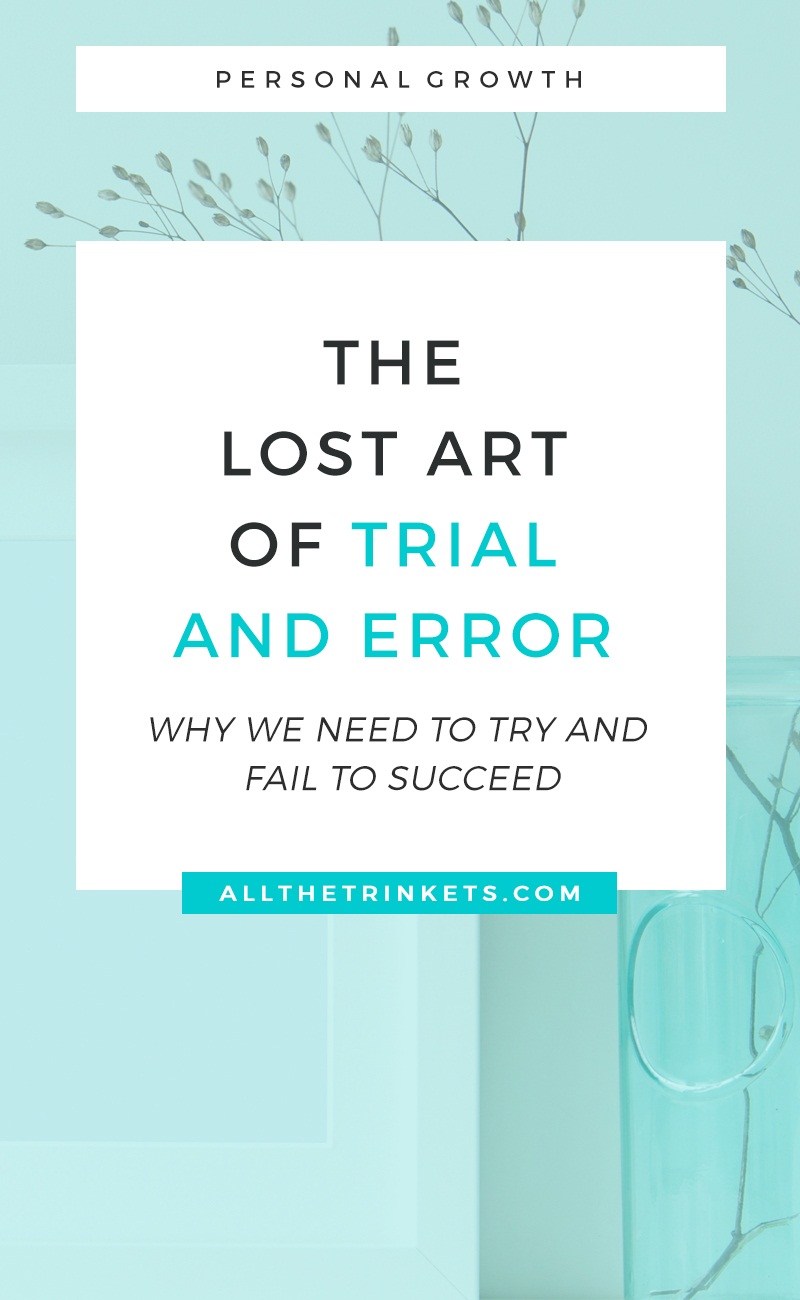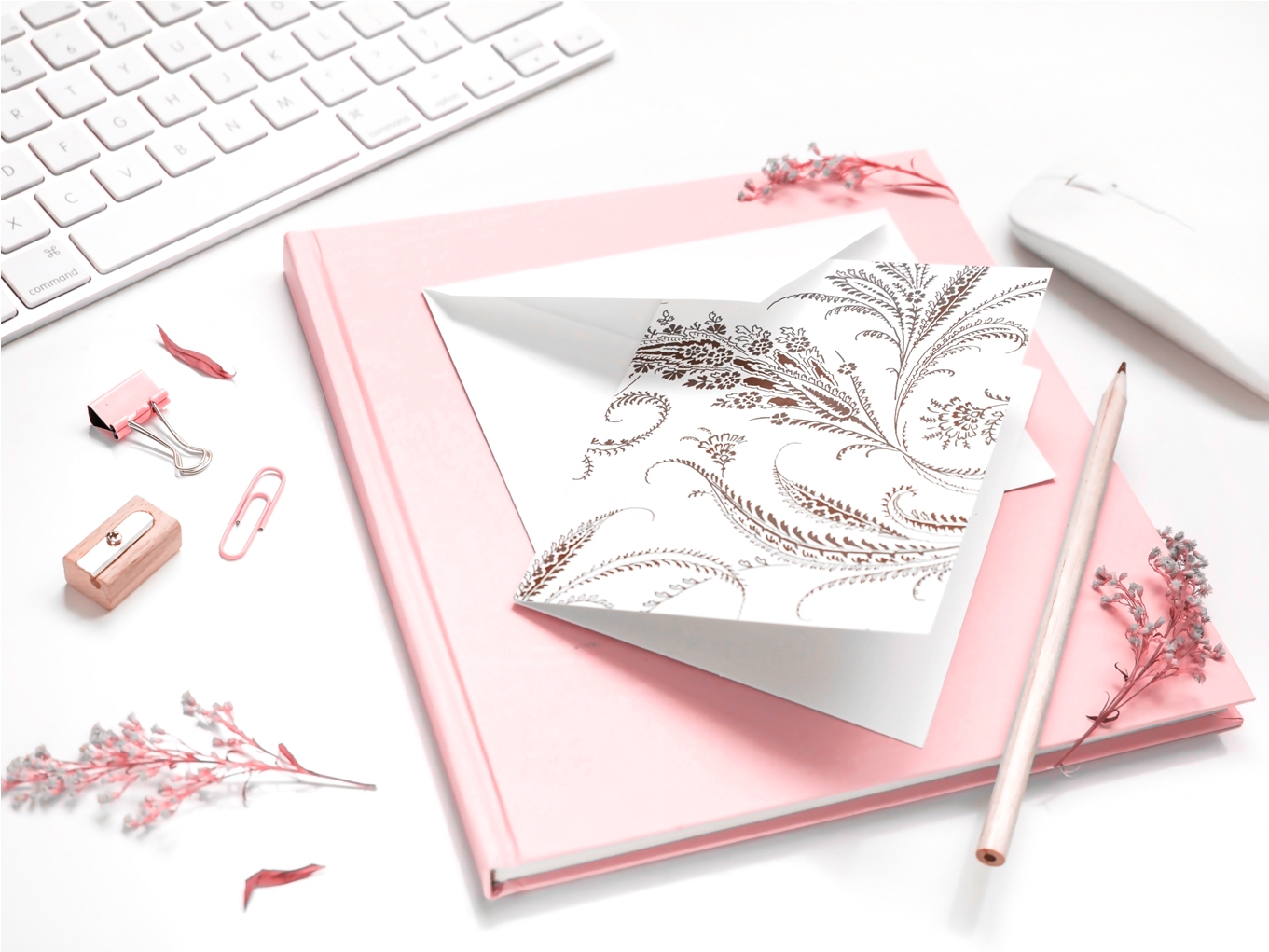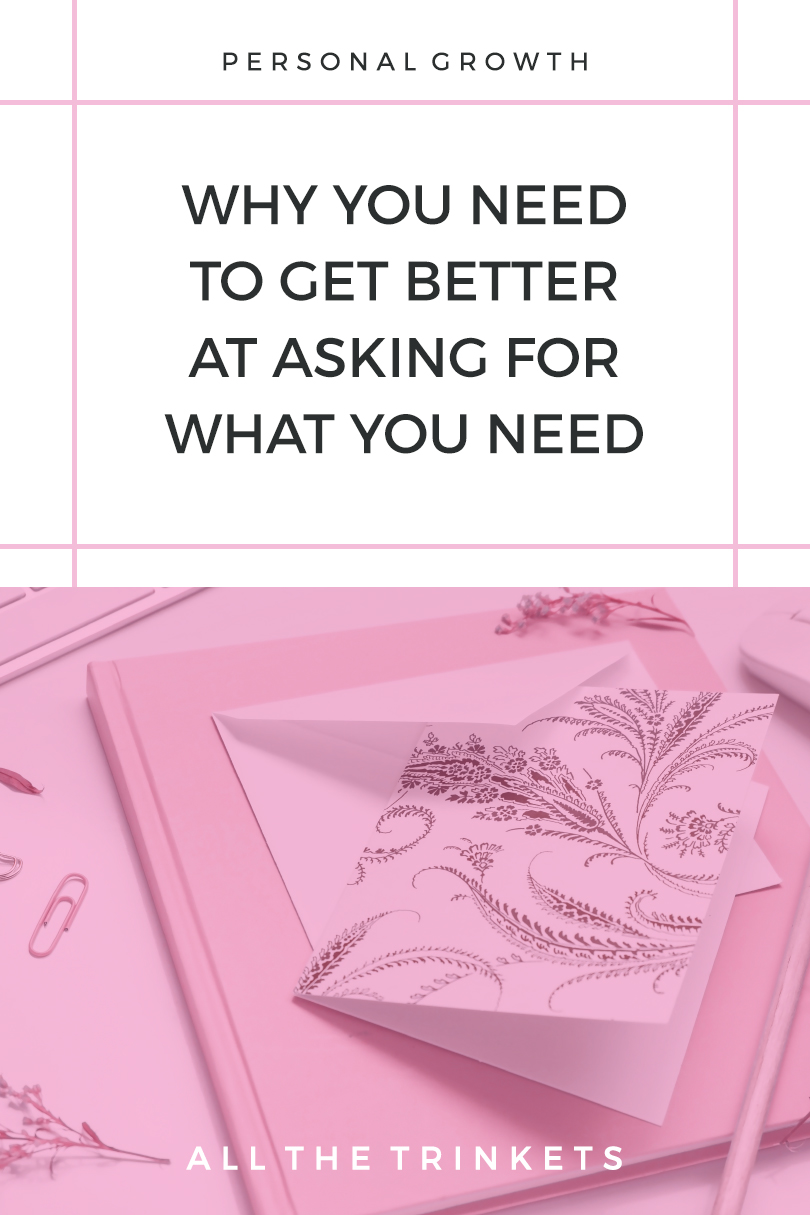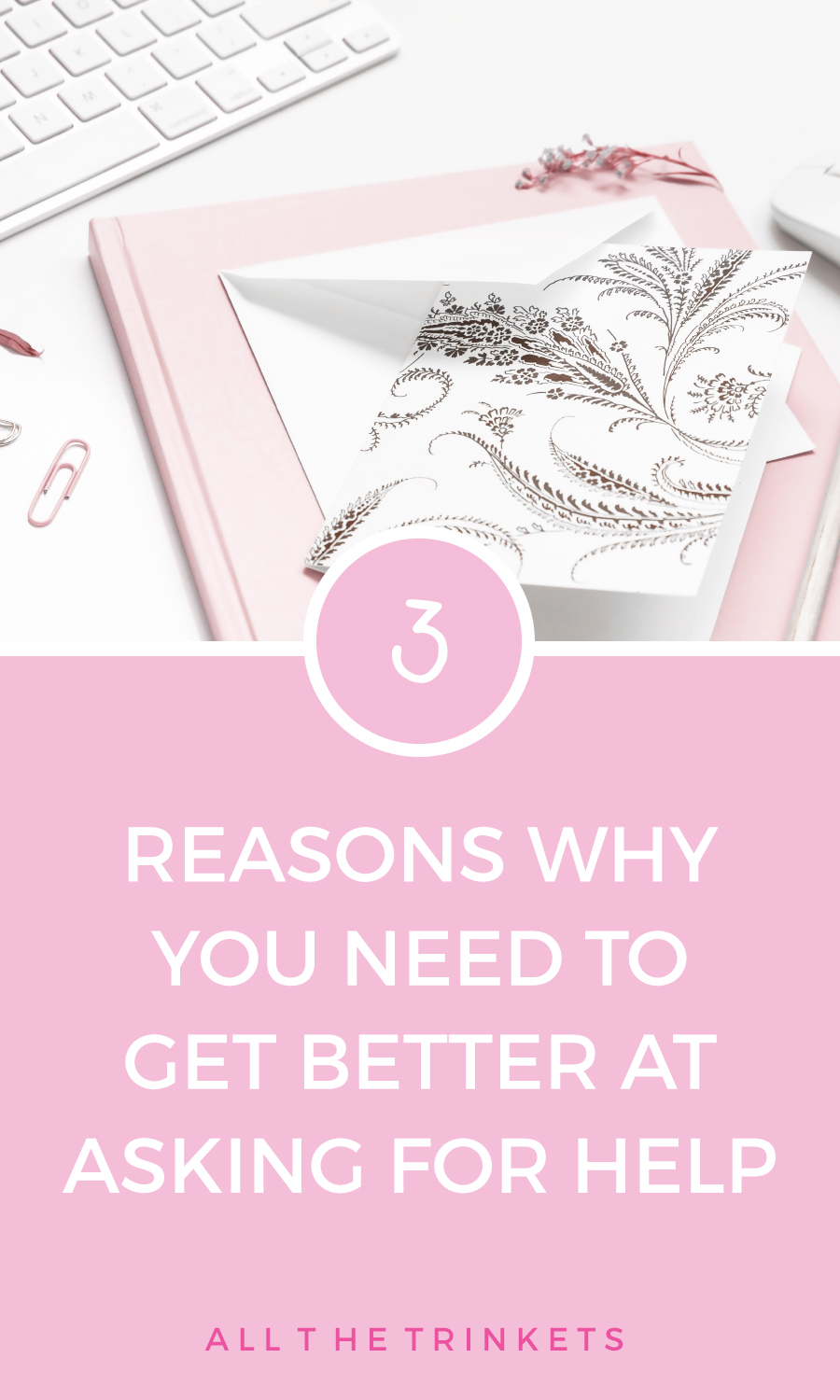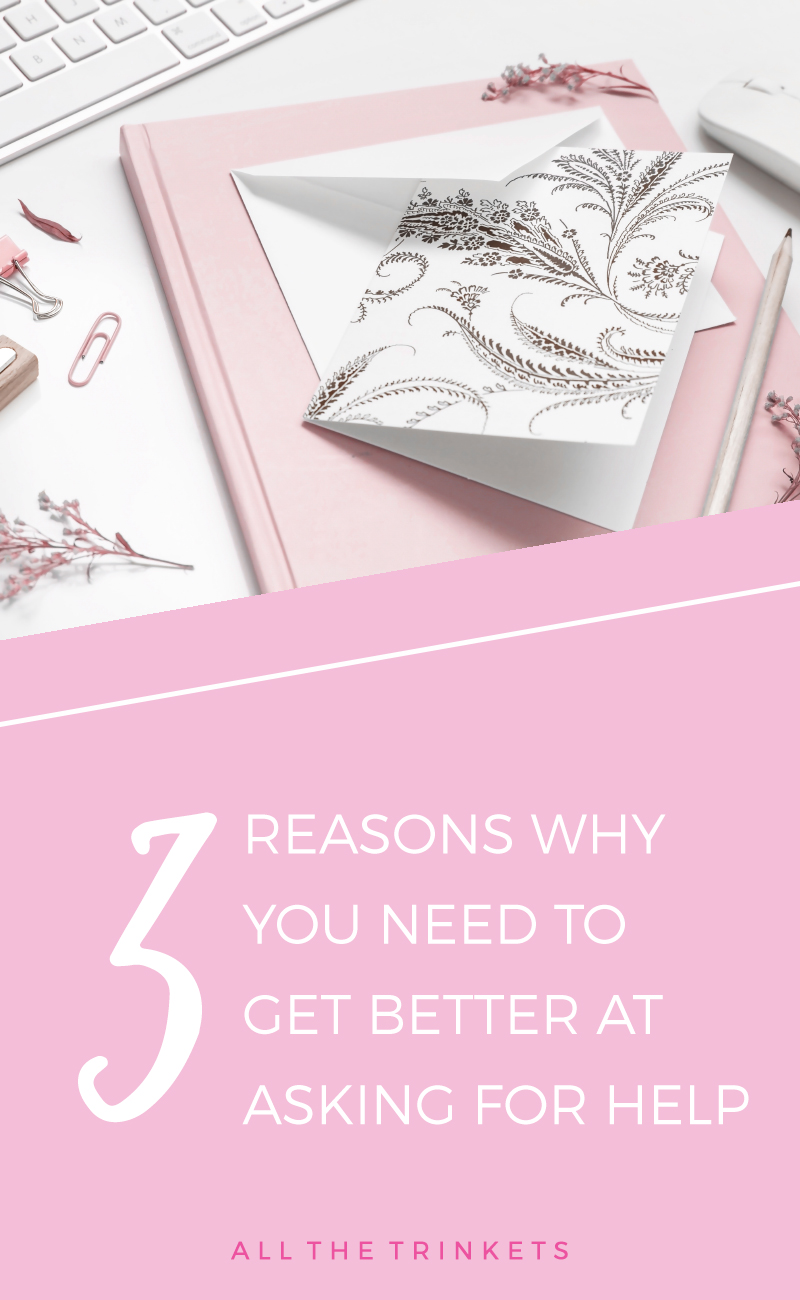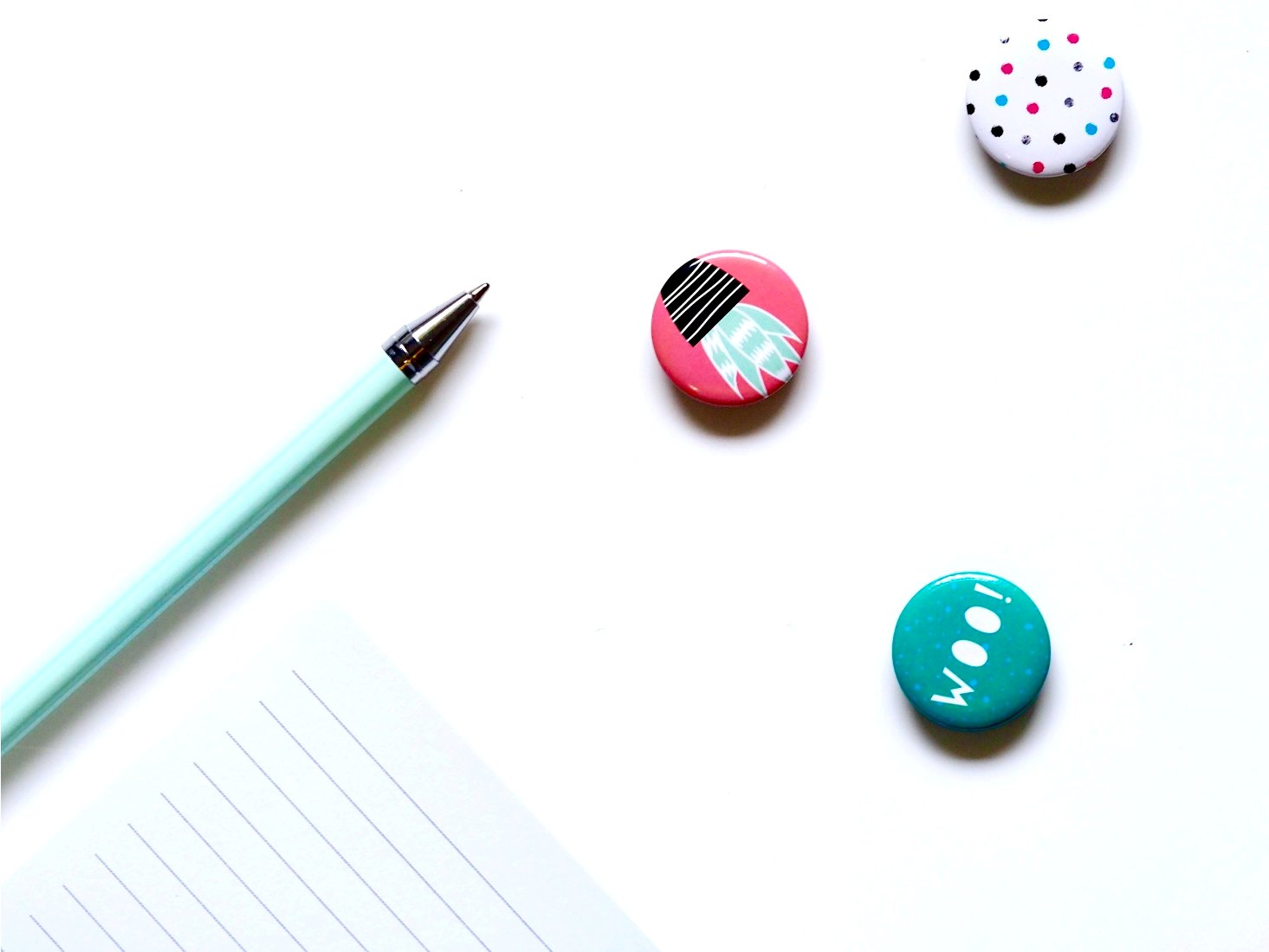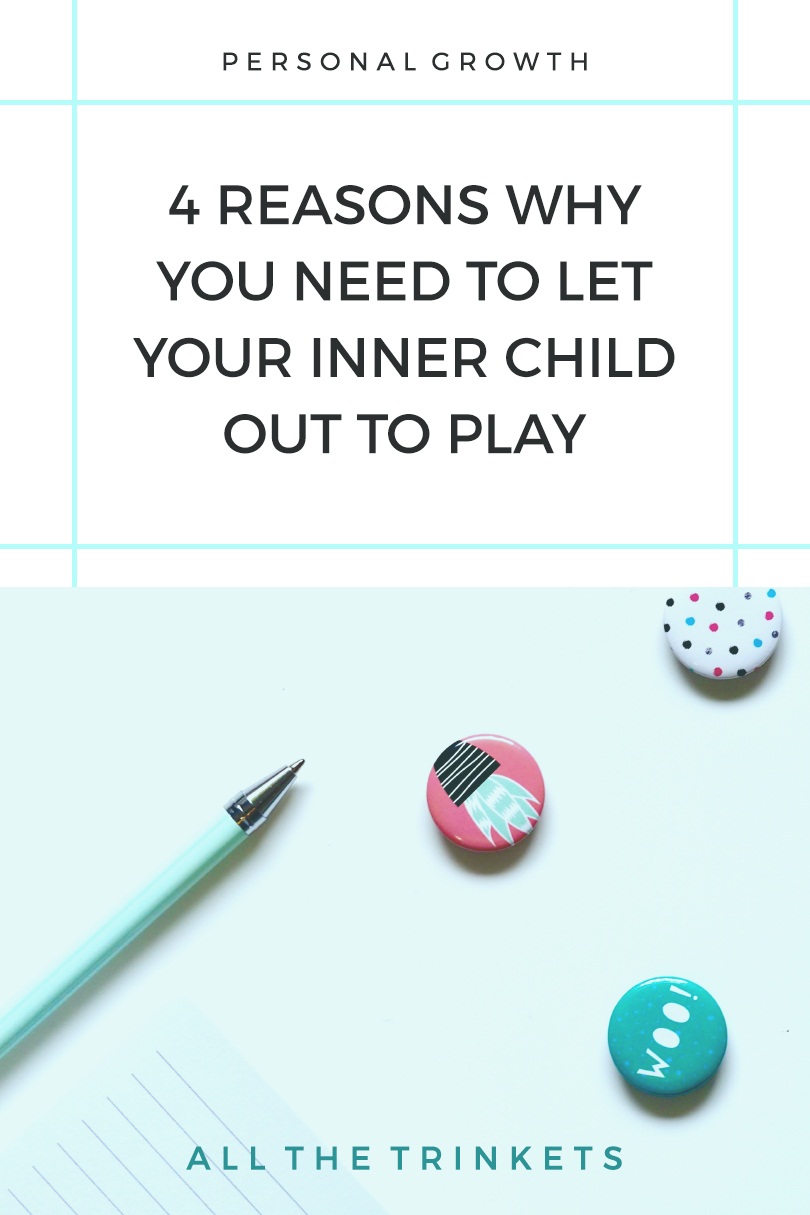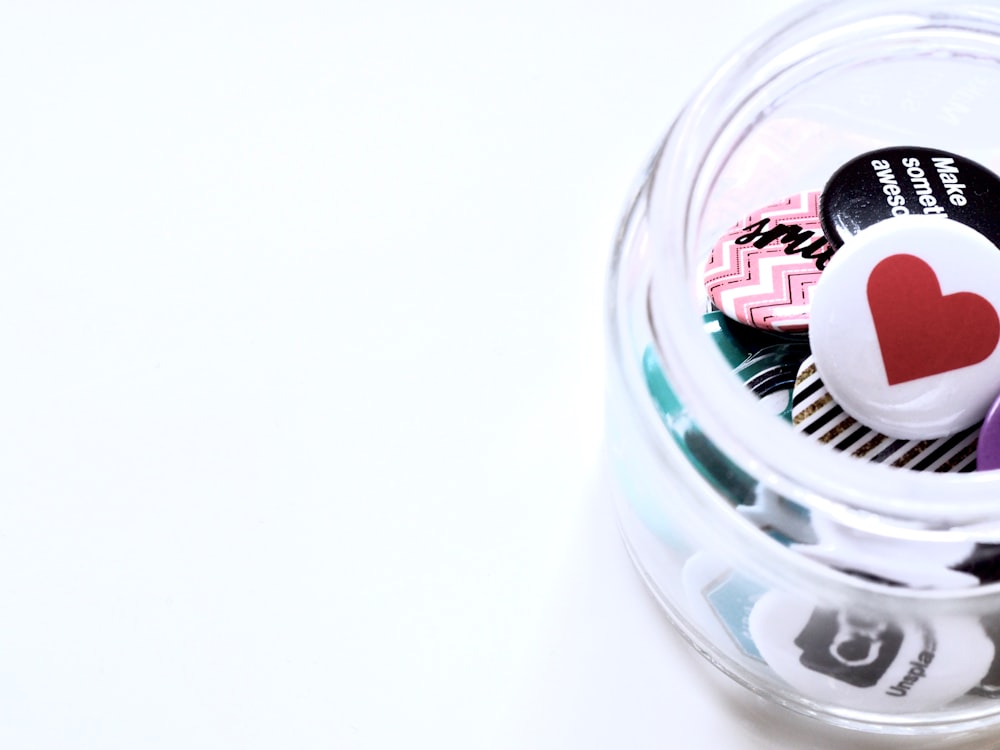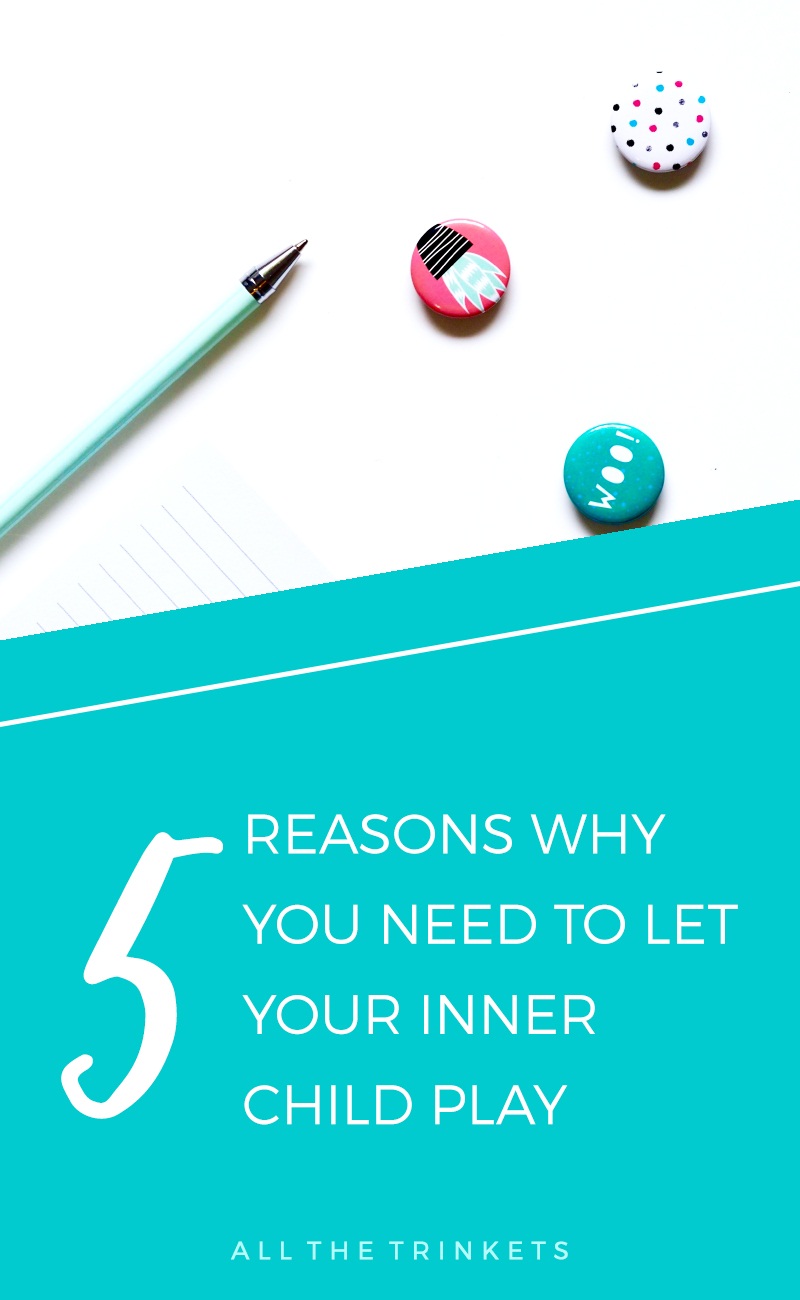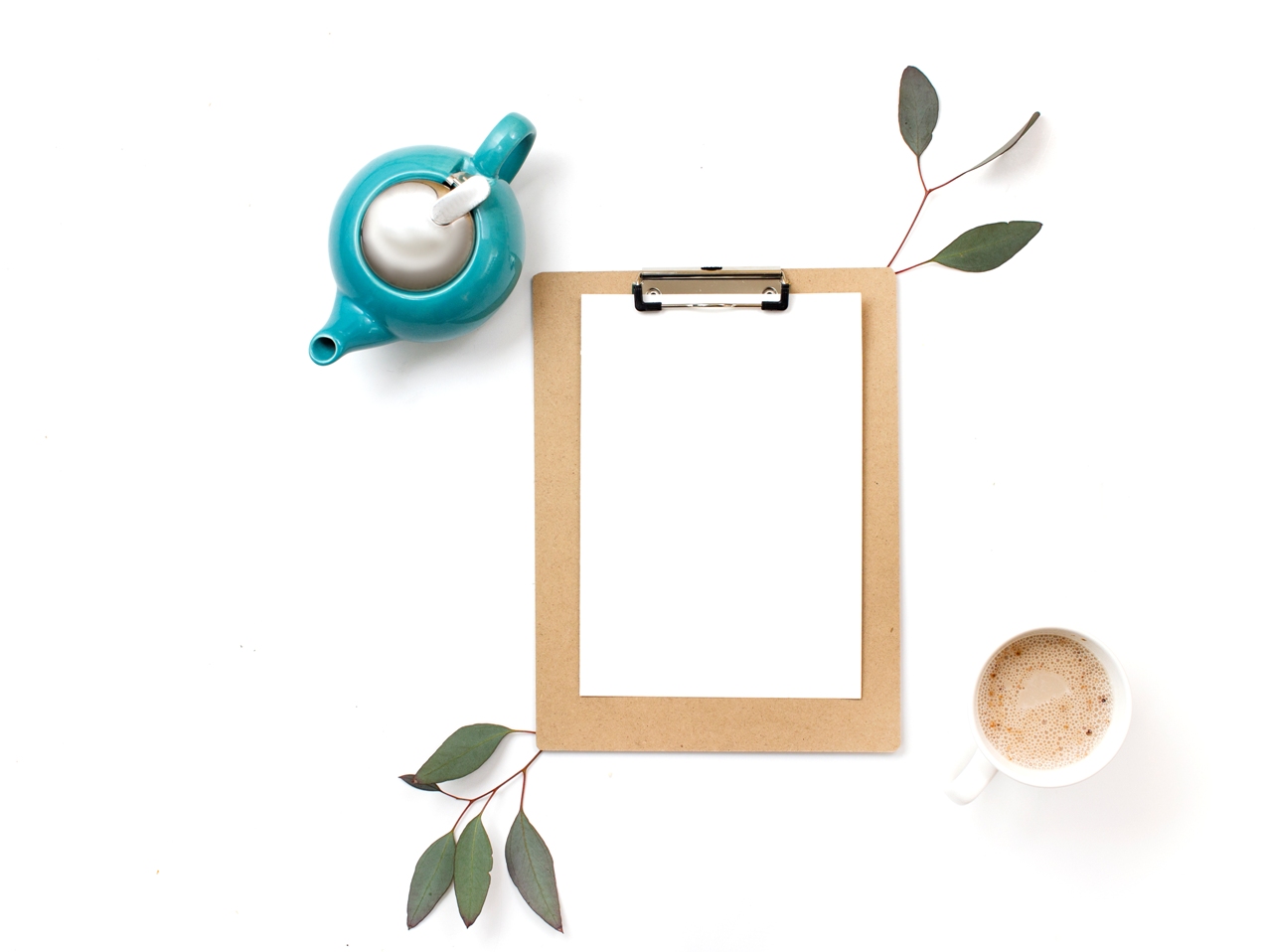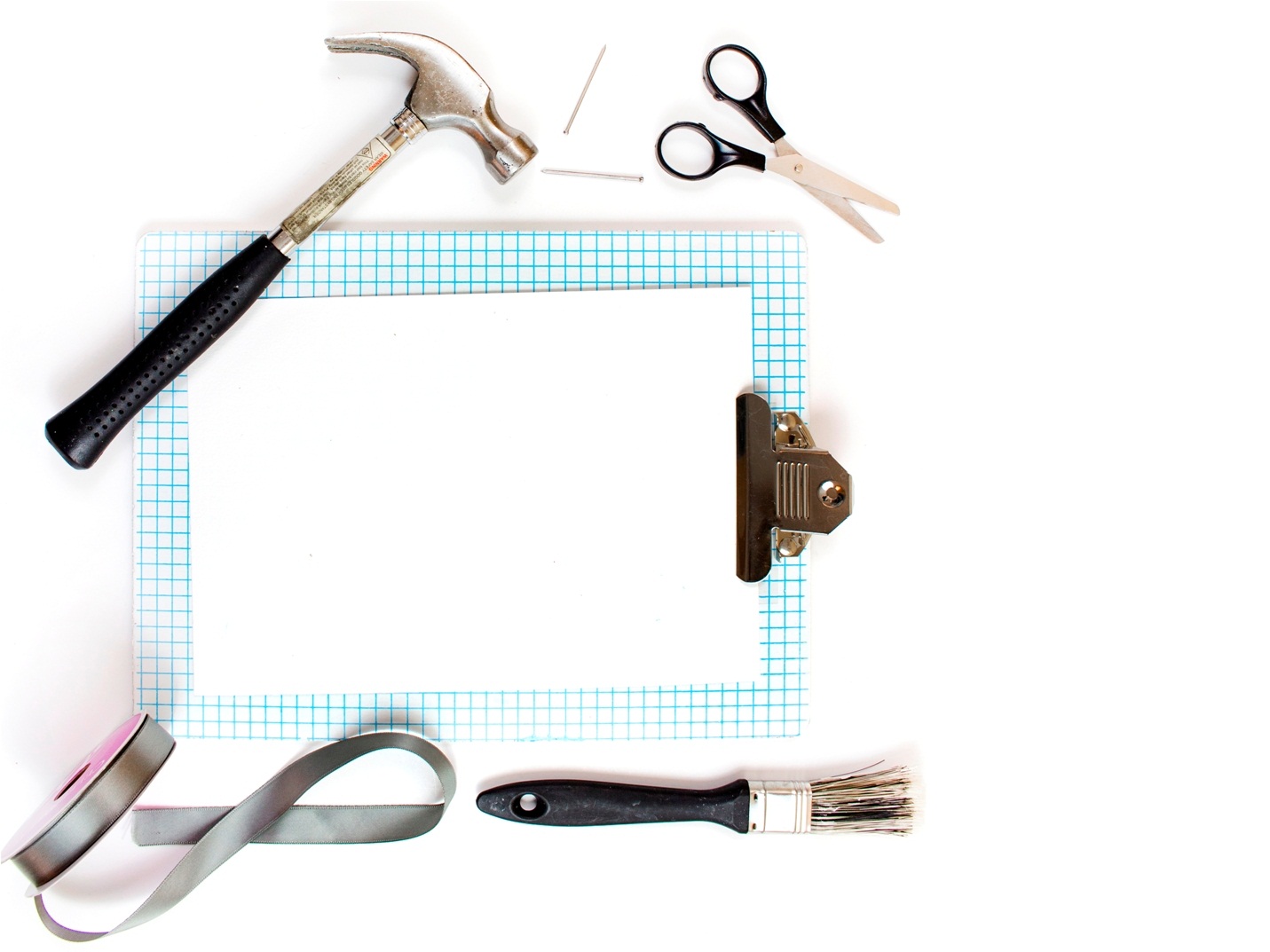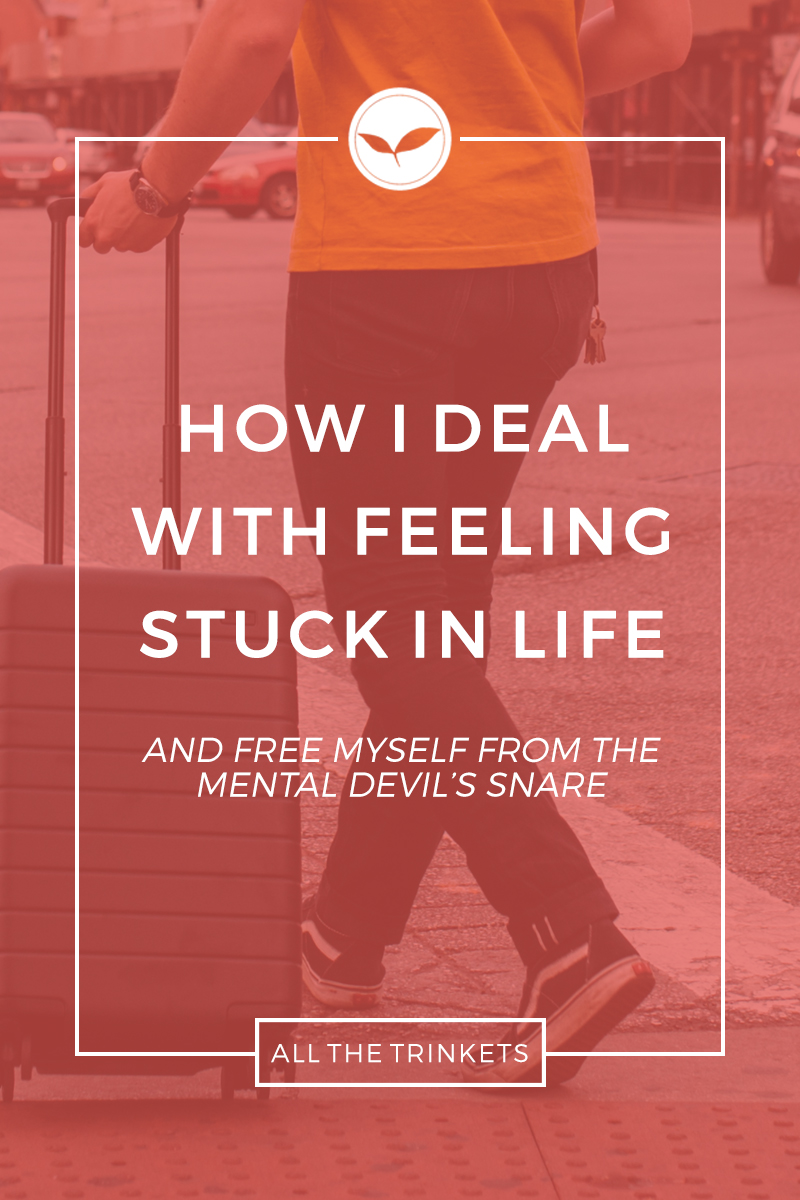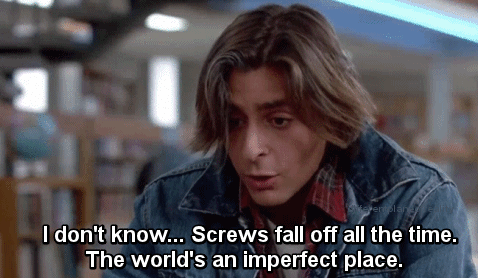At 11:23 in the morning, a young girl who has only ever cooked eggs and rice in her life was in the kitchen with the stove top on. She was chopping an onion, preparing for her younger sister’s meal when she accidentally sliced her finger. As she ran around looking for Band Aids, she heard her uncle laughing in the living room. It was the kind of laugh that was three-quarters snort and a quarter derision.
“If you can’t even chop onions without hurting yourself, you’ll never be cut out as a chef.”
Now, the girl never thought she would ever be a Michelin-star cook. She has never even aspired to run her own restaurant. But those words still cut through her heart and crushed her.
I’m telling you this story for a reason. And I hope by now you get it.
We all have that one person in our lives, that young girl’s uncle. Someone who aces at being a Jamie Raincloud. A put-downer. A positivity vampire (you know, someone who sucks the positivity out of you).
And sometimes, it doesn’t even matter if what they’re saying is actually a big deal to you or not. You would still be hurt.
And as much as I want to explore that complicated area of feeling hurt on things that ultimately don’t matter, I want to take a rain check on that for now.
What I really want to focus here is that subtle nag at perfection and success the uncle in the story did. It’s like he was saying that the young girl, who has barely cooked a meal in her life, cannot be a chef just because she hurt herself in the middle of cooking. That someone completely novice can’t become a master all because of committing one common mistake.
Now, as an avid fan of Masterchef Australia for the past couple years, I think that’s loaded bullcrap.
I know for a fact that even home cooks, those people who are passionate about food and cooking, can hurt themselves in the middle of a panicky situation. Those well-renowned chefs only seem effortlessly perfect and successful in the kitchen now because of all the mistakes and little injuries they got early on in their careers. Mistakes that, well, they learned from. Their so-called perfection and success are only achievable by learning through their failures.
See, we all make tiny mistakes.
[bctt tweet=”To say that one tiny mistake can cost you your success or your career or your entire life is utterly foolish.” username=”@allthetrinkets”]
For years, I’ve had this voice whispering to me, my very own inner negative uncle. That perfectionist, positivity vampire telling me every tiny mistake I’ve done is pushing me farther and farther from perfection and success. I guess, these voices contributed to the anxious-filled, overthinking perfectionist that I have become.
Just last month, I was on my way to my first ever job interview. And I forgot to bring any valid I.D. to get inside the building. All throughout the bus ride, I kept thinking how I have screwed things up. They’re never gonna interview me because I’m incompetent. The HR of the company will whisper it throughout all the HR of all other companies in the city. No one will hire me. And so, I am an utter failure.
All these thoughts… because I left my I.D.
But see here’s the thing: I am still here. I’m still alive. And little by little, I’m moving forward. Making progress and achieving small successes.
Related: My Two Cents on Failure and How I Dealt With It
We, as a society, have reached a point where we condemn or ridicule every mundane mistake a person has made. And to be honest, it’s not a great time to be in. We can be so hung up on the smallest details and the tiniest flaws. So much so, that we forget to take a step back and look at the bigger picture.
And I’m not saying mistakes are great. They aren’t, obviously. Mistakes suck balls. But judging someone’s character based on the mistakes they did is a bit… unfair, don’t you think?
So if you’re like me, beating yourself over every small mistakes you commit, here’s a reminder:
[bctt tweet=”No one should ever be measured by the mistakes they did. Your failures cannot measure what you are worth. And it should never.” username=”@allthetrinkets”]
It’s how you respond after such failures that matters more. Be it changing for the better. Or striving for improvement and progress, whatever that may be for you.
I WANT TO HEAR FROM YOU!
How do YOU define perfection and success? Have you ever had a non-dream be shattered before? Share your thoughts and stories in the comments!
Kate xx
Photo from Lucas Swinden via Unsplash





